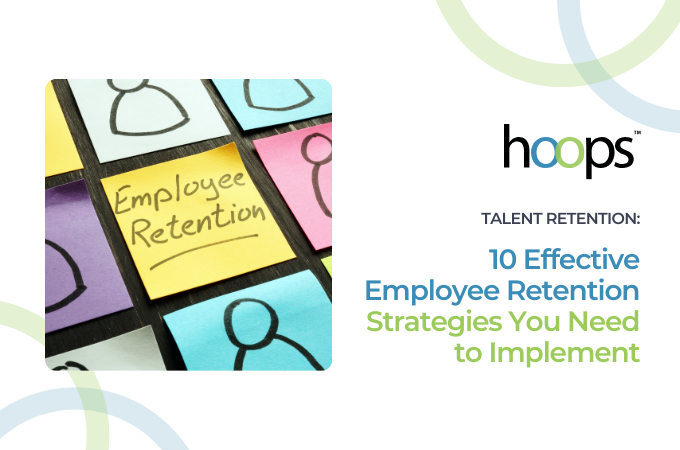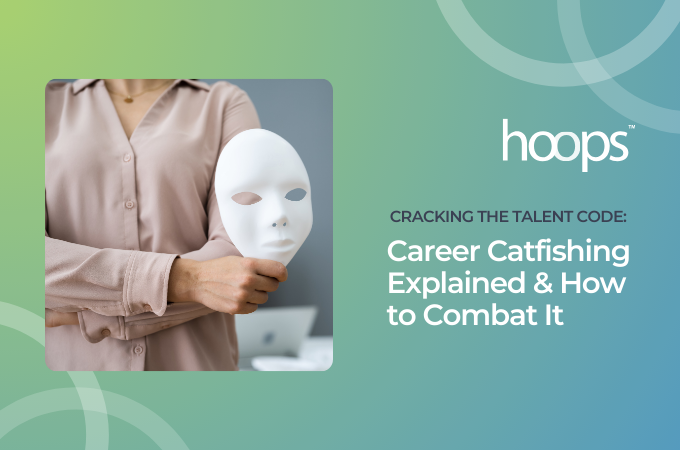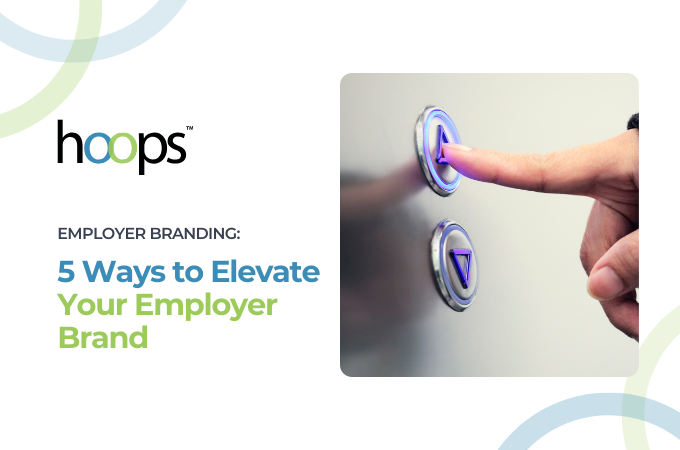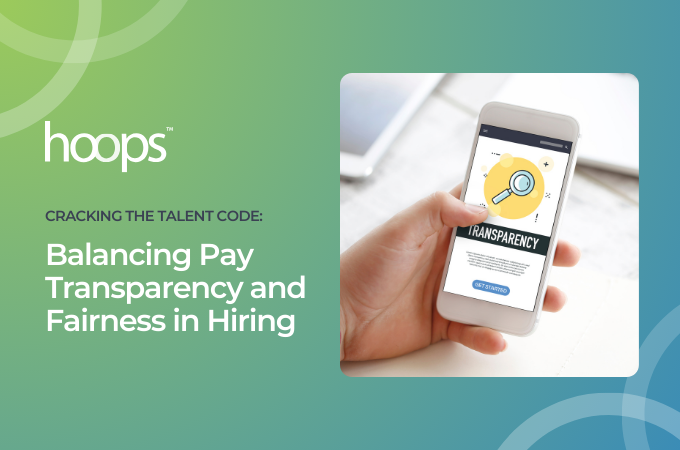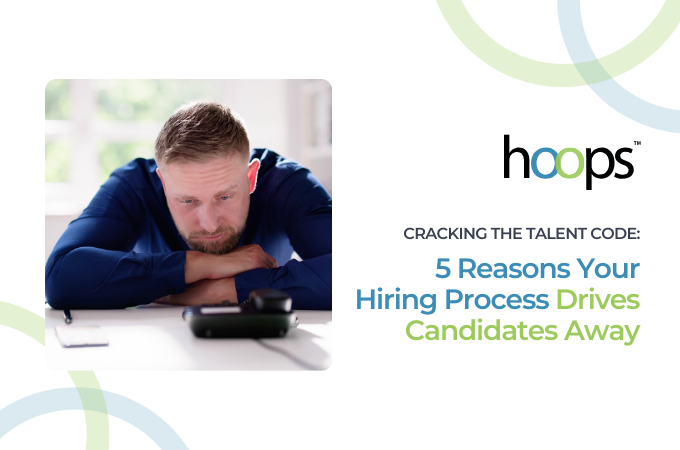The most serious challenge facing Human Resources is not benefits, compensation, or performance management. For two years running, the top two HR challenges have been employee retention and employee engagement.
Engagement and retention are both the end results of consistent and positive employee experiences. HR professionals and employee managers are now able to transform the employee journey from the job application forward, monitor and measure the effects of created experiences, and drive improvements using talent experience management software. The result, as the following studies suggest, can be dramatic improvements in both metrics.
Study #1: SHRM/GloboForce Employee Experience Survey
The revelation about HR challenges comes from the 2016 SHRM/Globoforce Employee Experience Survey (sent to nearly 800 HR professionals). “Gallup’s meta-analysis of more than a million employees showed that highly engaged organizations have lower absenteeism and turnover,” according to the report. The types of engagement SHRM advocates are tied to organizational values experiences, which the survey results demonstrate outperform other programs on every metric evaluated.
In 2016, 60% of organizations had a values-based recognition program, up from 50% in 2012. But many organizations are still behind the adoption curve. In companies that spend 1% or more of payroll on such recognition programs, employees are nearly 3X as likely to rate their program as excellent. Here are just a few of the positive impacts of these programs, according to surveyed employees:
| With Program | Without Program | |
| Strong employee engagement | 90% | 73% |
| Instills/reinforces corporate values | 88% | 57% |
| Adds humanity to workplace | 88% | 71% |
| Increases employee happiness | 87% | 73% |
| Improves employee relationships | 86% | 66% |
Engaged employees who experience a daily connection with their employer’s values are happy in the workplace, they feel they can be themselves, and they form meaningful professional relationships with others. These results distill into stronger employee retention. This isn’t a snapshot in time; it’s part of a trend that is just beginning…
Study #2: Deloitte Millennial Survey
The engagement and retention HR challenges should continue for the foreseeable future, based on demographic reasons. According to the 2016 Deloitte Millennial Survey: Winning over the next generation of leaders, this generation now represents the largest share of the US labor market. Two in three Millennials expect to leave their employers by 2020 and 44% expect to leave in less than two years.
The survey reveals the drivers that may cause them to stay, and these fall into three primary areas of employee experience:
Leadership Opportunities
The Deloitte survey concludes that “Millennials believe businesses are not doing enough to bridge the gap to ensure a new generation of business leaders is created.”
- 63% say their “leadership skills are not being fully developed.”
- Only 28 percent say their jobs make “full use” of the skills they offer.
- 71% of those likely to leave in the next two years are unhappy with how their leadership skills are being developed.
- 50% of male and 48% of female respondents say they are “being overlooked for potential leadership positions.”
Ethical Sustainability
The study reveals that “Millennials judge the performance of a business on what it does and how it treats people,” rather than on financial performance. Companies appear to be doing fairly well by this standard, but more work remains for many employers.
- 70% believe their personal values are shared by their organizations.
- 80% of senior Millennials believe their personal values are shared by their organizations.
- 82% of those intending to stay for five years believe their personal values are shared.
Mentoring
Millennials strongly value professional and leadership development, and see mentoring programs as the key to becoming more engaged with the company and narrowing the experience gap with their colleagues.
- 61% of Millennials benefit from having somebody to turn to for advice, or who helps to develop their leadership skills.
- Among those with a mentor, more than 90% are happy with the quality of advice they receive.
- Among those with mentors, 83% are satisfied with this aspect of their working lives.
Study #3: IBM/Globoforce Employee Experience Index
The 2016 IBM/Globoforce Employee Experience Index, which collected data from more than 23,000 employees in 45 countries, explored the human psychological needs that enhance employee retention. Among its findings, it reveals six core facets of a positive employee experience:
- Belonging – feeling of being part of a team, group, or organization
- Purpose – understanding why one’s work matters
- Achievement – a sense of accomplishment in the work that is done
- Happiness – the pleasant feeling arising in and around work
- Vigor – the presence of energy, enthusiasm, and excitement at work
Surveyed employees rated higher for happiness than any of the other core facets of a positive work experience (74%), followed by belonging and purpose (70%), achievement (69%), and vigor (62%). In this report, all generations reported similar levels of experiences.
This survey concluded that employers can raise their scores for employee experience by focusing on several factors including organizational integrity, co-worker support, meaningful and challenging work, recognition, empowerment, and work-life balance.
Study #4: Center for Generational Kinetics Study
The Center for Generational Kinetics Unlocking Millennial Talent 2015 took the research on purpose to a new level. This report reveals that 60% of Millennials said a sense of purpose is part of the experience they desired when they chose to work with their current employer. They want to feel utilized and valued, and know that the contributions they make to the organization day in and day out matter.
The report reveals five key areas in which Millennials believe businesses’ sense of purpose should be far greater than is currently the case:
- Providing a good income to employees.
- Being the best possible place to work.
- Improving the skills of our workforce.
- Providing services/goods that make a positive difference to people’s lives.
- Generating and supporting jobs.
Study #5: Glassdoor Study
A study of the experiences of more than 615,000 Glassdoor users, published in Harvard Business Review, reveals that across all income levels, the top predictor of workplace satisfaction is not pay. It is the culture and values of the organization, followed by the quality of senior leadership and the career opportunities at the company. The study placed users into four salary groups and looked at the relative explanatory power of each for employee satisfaction. Here are some of the study’s findings:
- Organizational culture and values account for 21.6% of worker satisfaction in the lowest income group and rises to 23.4% in the highest group. Glassdoor concludes, “This suggests high earners want their employers to share their values and create a positive company image.”|
- Work-Life Balance is less important at higher income levels, falling from 13.2% at the lowest income level to 9.5% at the highest level. “High earners are more willing to give up leisure time for work income,” the study concludes.
- Compensation, often believed to be the primary driver of workplace satisfaction, is actually among the least important factors—and it falls as income rises! It accounts for 12.8% of workplace satisfaction for those earning less than $40,000 annually and falls to 9.8% for those earning more than $120,000.
If you have found prior reports about the correlation between employee experiences and engagement/retention less than convincing, that may be understandable. Times have changed and the data now paints a much clearer picture. These studies suggest that the time has come to invest HR resources in proven talent experience management programs and tools



